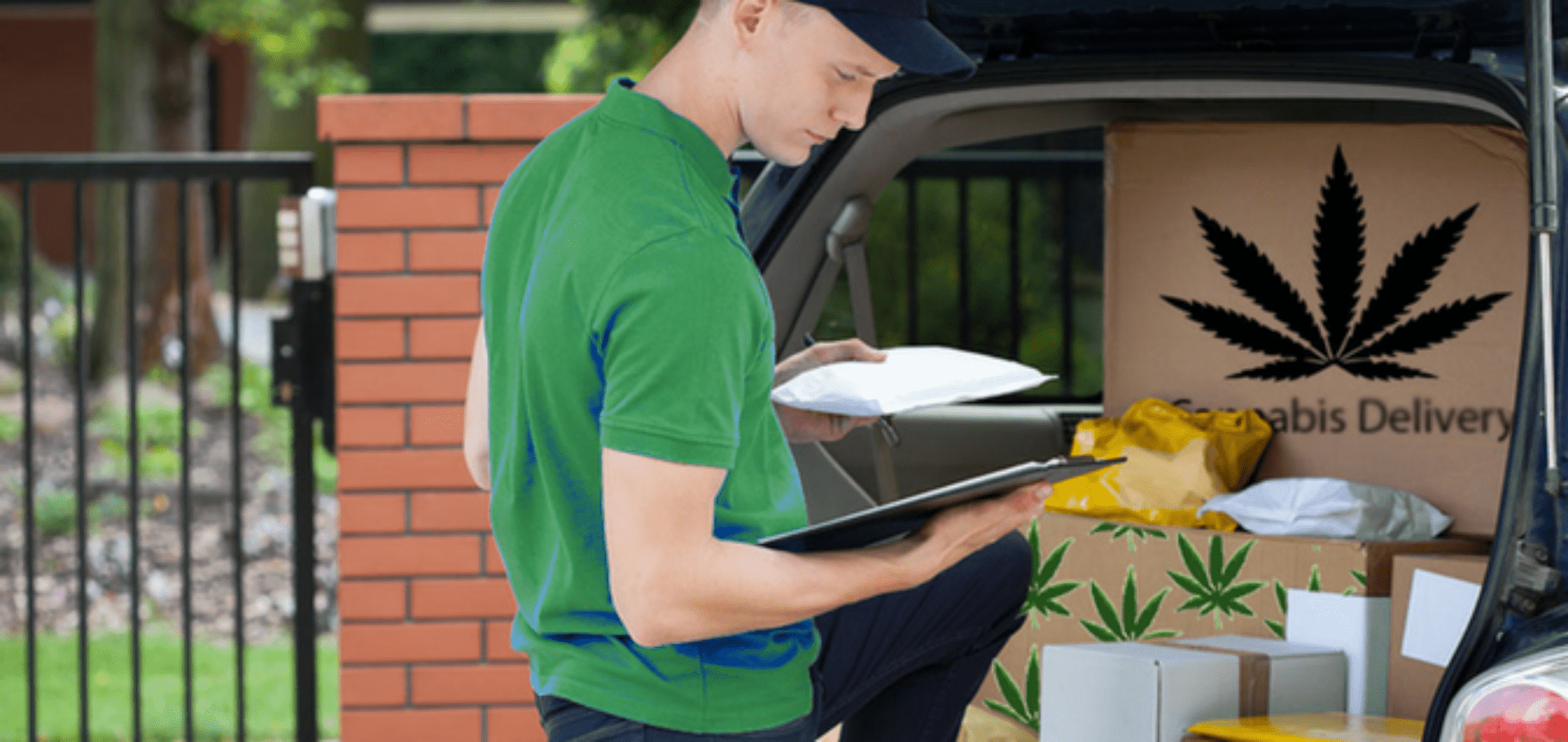Cannabis delivery has become a critical part of the legal marijuana market, ensuring efficiency, safety, and compliance has never been more important. One key technology driving these objectives is GPS tracking. For dispensaries and delivery service operators, GPS tracking on cannabis delivery vehicles is not only a tool of convenience but often a regulatory requirement.
The Necessity of GPS in Cannabis Delivery
In many legal cannabis states like California, Massachusetts, and Michigan, GPS tracking is mandatory on delivery vehicles to comply with state regulations. The goal is to maintain transparency in the transportation of cannabis products, ensure driver safety, and provide real-time location data for auditing and enforcement purposes.
But even in jurisdictions where it’s not mandated, GPS tracking has become an operational cornerstone for cannabis businesses looking to optimize logistics, protect assets, and build consumer trust.
Pros of GPS Tracking for Cannabis Delivery
1. Real-Time Tracking and Security
GPS technology enables dispensaries to monitor delivery routes in real-time, ensuring drivers stick to approved paths and don’t make unauthorized stops. This helps prevent theft, diversions, or misuse of products—key concerns for regulators and business owners alike. If a vehicle is hijacked or goes off-route, alerts can be sent to dispatch immediately.
2. Route Optimization and Efficiency
With GPS systems integrated into delivery management software, businesses can optimize delivery routes, reduce fuel consumption, and shorten delivery windows. For drivers, this means clearer instructions and fewer delays. For customers, it results in faster and more predictable deliveries—a critical factor for medical marijuana patients relying on timely care.
3. Regulatory Compliance
States like Colorado and Nevada require cannabis delivery logs, route data, and time-stamped delivery records. GPS tracking automates much of this compliance documentation. In the event of a regulatory audit or investigation, GPS history serves as an official and verifiable source of truth.
4. Enhanced Customer Experience
Many GPS-enabled delivery systems integrate with customer-facing apps to provide real-time ETA updates and live driver tracking—similar to food delivery services. This transparency fosters trust and reduces the volume of “Where’s my order?” inquiries to dispensary staff.
5. Internal Accountability and Performance Tracking
From monitoring driver behavior (such as speeding or extended idle times) to recording average delivery times, GPS tracking gives cannabis businesses actionable insights into their delivery operations. This helps improve performance, reduce liability, and boost customer satisfaction.
Cons and Challenges of GPS Tracking
1. Privacy Concerns for Drivers
Some drivers may feel uneasy about constant monitoring, especially if they use the same vehicle for personal use. Businesses must clearly define policies and ensure GPS tracking is only active during working hours or in designated zones.
2. Installation and Maintenance Costs
While GPS tracking hardware and software are more affordable than ever, there are still upfront costs for installation and recurring fees for service. Small businesses or startups may find this a financial burden, especially if regulations don’t require GPS tracking.
3. Technical Issues and System Downtime
Like any tech-based solution, GPS systems can experience outages, software glitches, or syncing issues. If a delivery vehicle’s GPS goes offline during a delivery window, it may trigger non-compliance or delay orders.
4. Overreliance on Technology
There’s a risk that businesses may over-rely on GPS data without establishing robust SOPs for training, manual verification, or backup communication systems. GPS should enhance—not replace—strong operational discipline.
Final Thoughts
GPS tracking is more than a security blanket—it’s a business-critical tool for cannabis delivery operations striving for safety, efficiency, and compliance. While not without its challenges, the benefits overwhelmingly support its use, particularly as the cannabis delivery sector continues to expand and mature. For forward-thinking dispensaries and transport providers, GPS is no longer optional—it’s essential.


